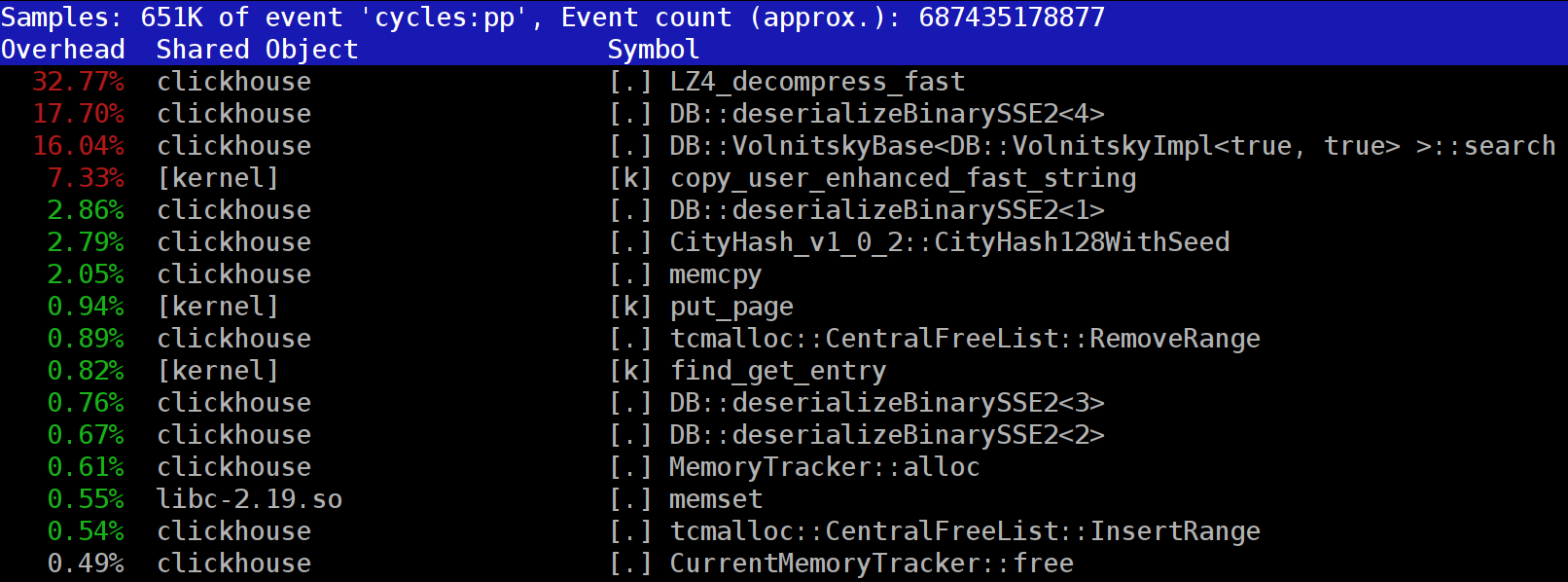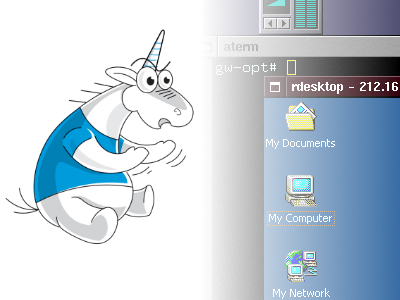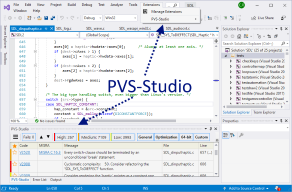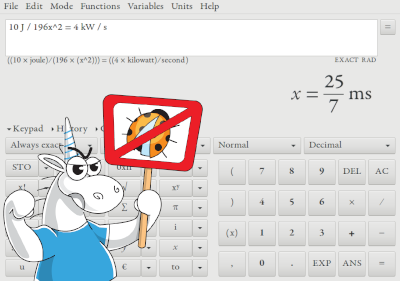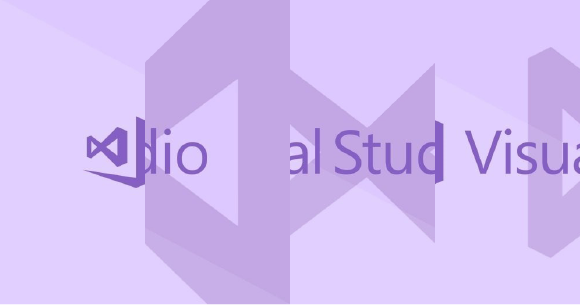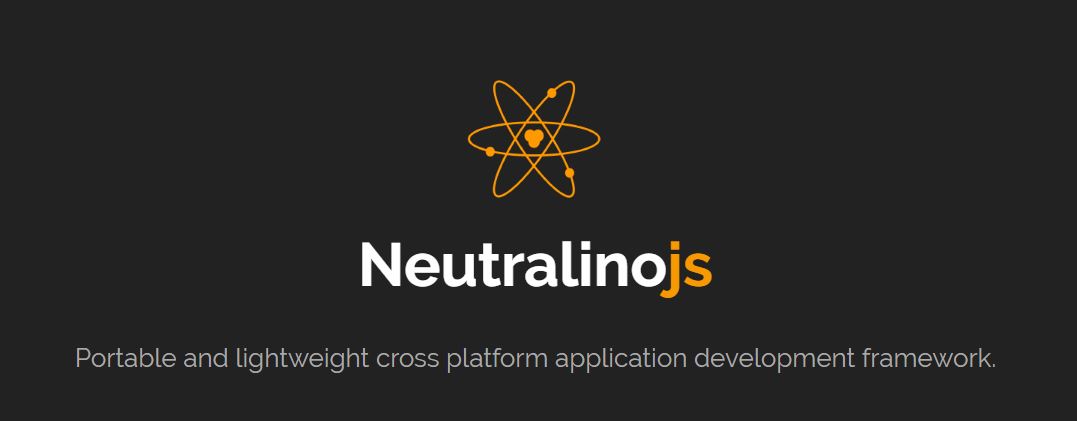
I am Shalitha Suranga from Sri Lanka. I started Neutralinojs project with other two members as our research project at university.
Cross-platform application development is extremely useful among software development organizations because a large end-user audience can be targeted. Earlier there were several approaches, such as writing multiple codebases per each platform, writing a single codebase using conditionals for platform selection, or using a programming language which has a cross-platform virtual machine at run-time. There were drawbacks of each like complexity of design, limited low-level accessibility and slow learning rate. Cross-platform application development with web technologies came [1] after. Electron and NW.js are most popular frameworks which allow developers to make cross-platform applications using Javascript. Basically, these popular frameworks combine embedded chromium browser and node run-time [2], [3].
These frameworks are being used to create numerous cross-platform applications. Whereas the community pointed out several unseen drawbacks of these frameworks. Large bundled application size, high memory consumption and long development workflow are the key things which were criticized through internet forums and websites [4], [5], [6], [7], [8]. Table 1.1 shows the advantages and disadvantages of Electron/NW.js.
Table 1.1: Advantages and Disadvantages of Electron/NW,js
| Advantages of Electron and NW.js |
Disadvantages of Electron and NW.js |
| Development is very easy since Javascript is used |
Application bundle is considered as bloatware (High disk space usage) |
| Access native functions via node runtimeSingle codebase for all supported platforms Linux, Windows and macOS |
High memory consumption and slowness |
|
Many Node modules need to be installed |
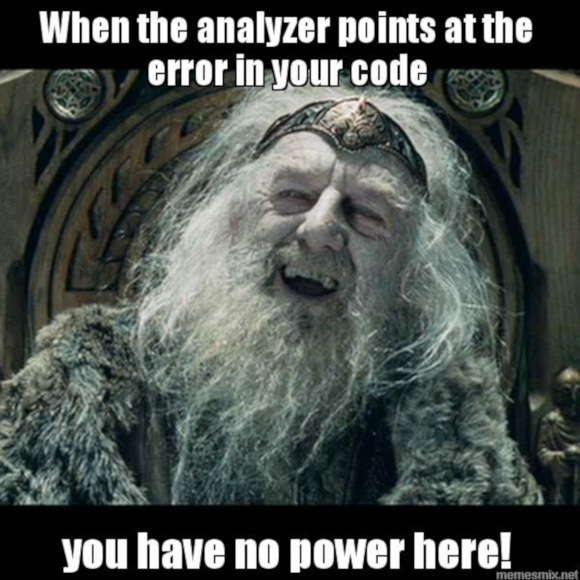


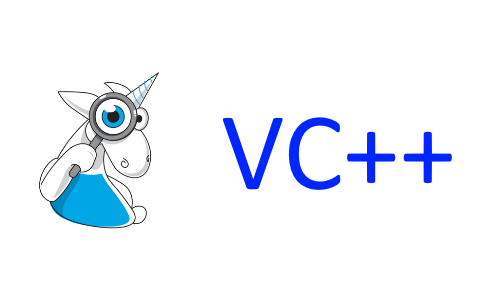


 PVS-Studio supports analyzing projects developed in C, C++, C#, and Java. You can use the analyzer under Windows, Linux, and macOS. This small article will tell you the basics of analyzing C and C++ code in Linux environment.
PVS-Studio supports analyzing projects developed in C, C++, C#, and Java. You can use the analyzer under Windows, Linux, and macOS. This small article will tell you the basics of analyzing C and C++ code in Linux environment.



